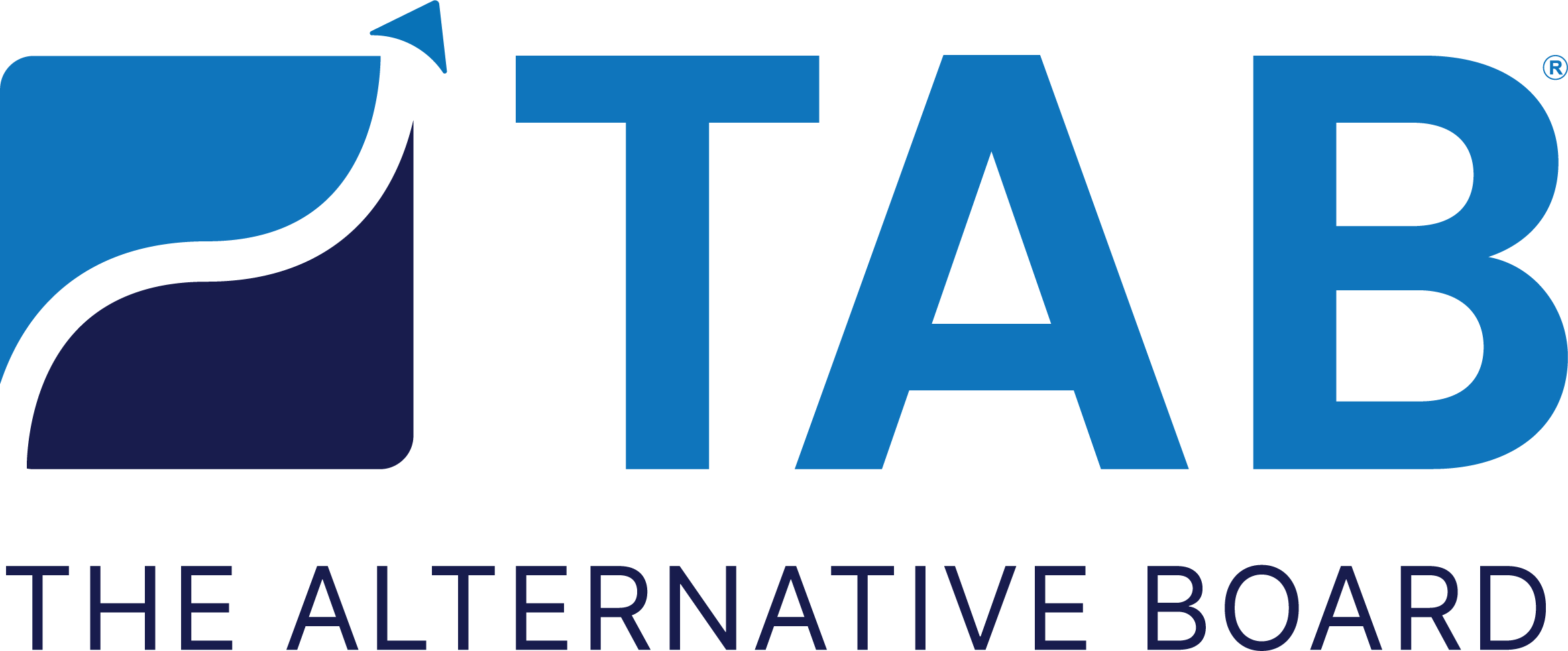How Employee Learning and Development Can Boost Retention
The ideal employee is an individual who works hard, acts on their own initiative, seeks to be a high-quality team player, and wishes to grow in their career. If you have employees who fit this description, it’s a good bet they would welcome new opportunities to learn and develop their existing skills.
As we have noted before, “Employees who see a potential upward career path within your company are more likely to feel engaged than those who see their job as a dead end.” That’s why it’s so important to actively sponsor in-house and off-site classes and webinars tailored to employees wanting to sharpen and expand their skills set.
Here are key reasons to promote learning and development within your organization:
Work should have meaning for every employee.
Employers who see an unacceptable rate of turnover may not be communicating the importance of every employee’s individual contribution to growth. “Team members need to feel their work holds real meaning,” notes Forbes. Engaged employees “do better-quality work, have higher output and make fewer mistakes.”
Learning benefits those with leadership aspirations.
An employee who has undertaken learning programs tailored to his or her job may also have the kind of leadership potential your business needs. Look at your most promising employees. Who among them is a worthy candidate for grooming as a future leader? Who can be trained to “think like a CEO” and thus help the business grow?
It’s also a good idea to look more closely at job candidates and their own potential for growth. That can become a key factor in determining who to hire and how these candidates might fit into the “future leadership picture.”
Make sure managers get behind employee learning and development.
Your managers and supervisors must be on board with employee learning, in order for this process to truly take hold within your culture. With their encouragement, individual employees will be more inclined to put forth the extra effort needed to become better at their jobs.
Learning and development should be ongoing activities.
Putting together a one-time “learning event” won’t get you far in terms of continued employee growth. Look into establishing a companywide training program where individuals can become involved, depending on their specific circumstances. Having a formal program in place also serves to attract future job candidates.
Keep in mind that, as The Ascent notes, “not everyone learns in the same way.” As you establish a successful training program, some employees might find “classroom-based training delivered over the course of one day” to be ideal, while other employees “might prefer learning by watching one five-minute video every day and filling out quizzes.”
In many cases, employee preference centers around a mix of differing formats, otherwise called “blended learning.”
Employee learning benefits the business.
Imagine a workforce up to date on the latest skills and knowledge necessary to promote future growth. Isn’t that incentive enough to start building on your current learning and development efforts? A highly skilled and motivated team of employees is surely among the top competitive advantage in just about any industry.
As noted, the opportunity to gain knowledge and further one’s career through training is a powerful recruitment and retention tool. High-quality job candidates will take a closer look at your company, if they see a genuine commitment to training built into your culture. As word spreads, your organization can emerge as an “employer of choice” in the search for the best new hires.

